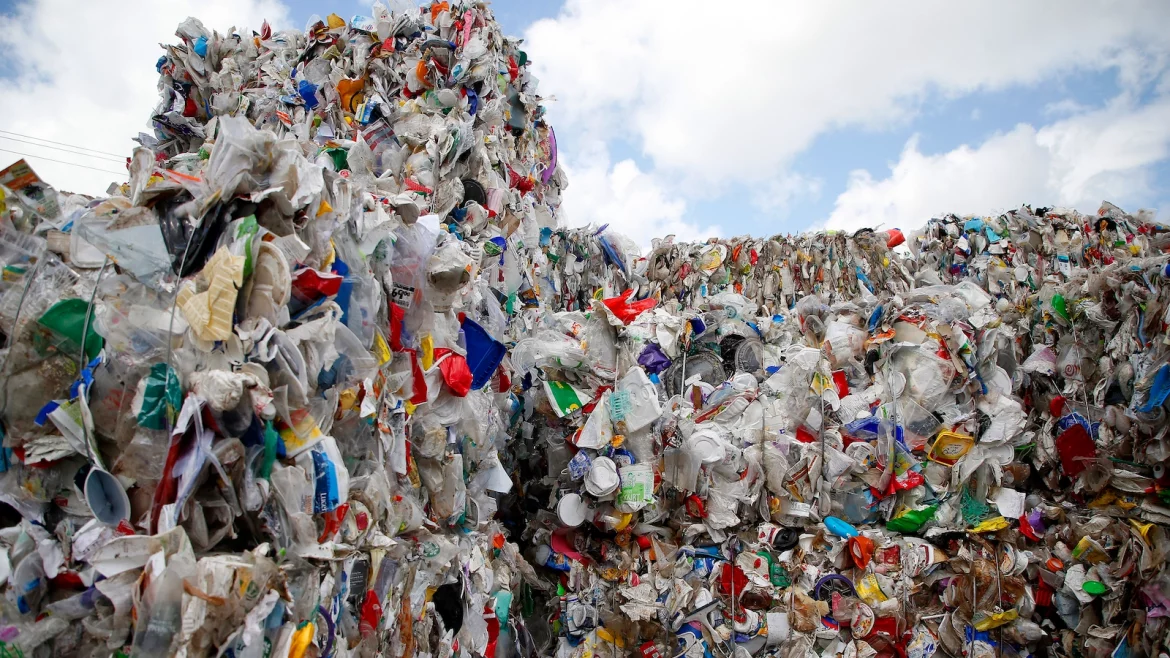The Women Environmental Programme (WEP) has said that the inclusion of vulnerable groups in the implementation of policies and projects on the plastic value chains will help to effectively eliminate plastic pollution across the country.
The Founder, of WEP, Dr Priscilla Achakpa made this known at a Validation Workshop for Draft Narrative Report on Social Context Assessment for National Plastic Action Partnership (NPAP) in Abuja.
The workshop was organised by WEP, in collaboration with the Ministry of Environment and GPAP that aims to shape a more sustainable and inclusive world through the eradication of plastic pollution.
Speaking during the workshop, she said that the WEP was consulted by the Global Plastic Action Partnership (GPAP) in 2022 to conduct a Social Context Assessment that was a national gender, equity and inclusion analysis of the plastic value chain and varied impacts of plastic pollution for NPAP with the overall goal to provide clear evidence that would feed into policies, planning and actions of the NPAP, and ensure that outcomes were gender responsive and inclusive.
Achakpa said that the aim of the workshop was to present the draft report for stakeholders to review the assessment findings, identify needs/gaps, and brainstorm possible responses to those gaps from across the communities, adding that that the assessment was conducted following the qualitative interactions with diverse categories of stakeholders through interviews and information from the experts.
Read also: Publisher advocates longer interval in-between UN climate change conferences
She said that the assessment was focused on Lagos, Anambra, Kano, Benue and the FCT, between October and November 2022, which was based on the activities of plastics taken in those states, adding that the WEP discovered during the assessment that the vulnerable were not really supported, adding that they needed financial assistance and should be involved in decision-making.
“The activities of waste management or waste pickers are being done by the vulnerable, but when policies for waste management are enacted, these groups of people are not involved,” she said. “Even the civil society organisations (CSOs) are not conscious of the fact that we have these vulnerable groups that are into this circular economy activities.
She further stated that reports from the states would be re-examined as it was discovered that there is nothing like Gender Equality and Social Inclusion (GESI) policies on waste management, adding that the vulnerable groups are the major key people that eliminate plastic pollution in society.
Story was adapted from EnvironNewsNigeria.
